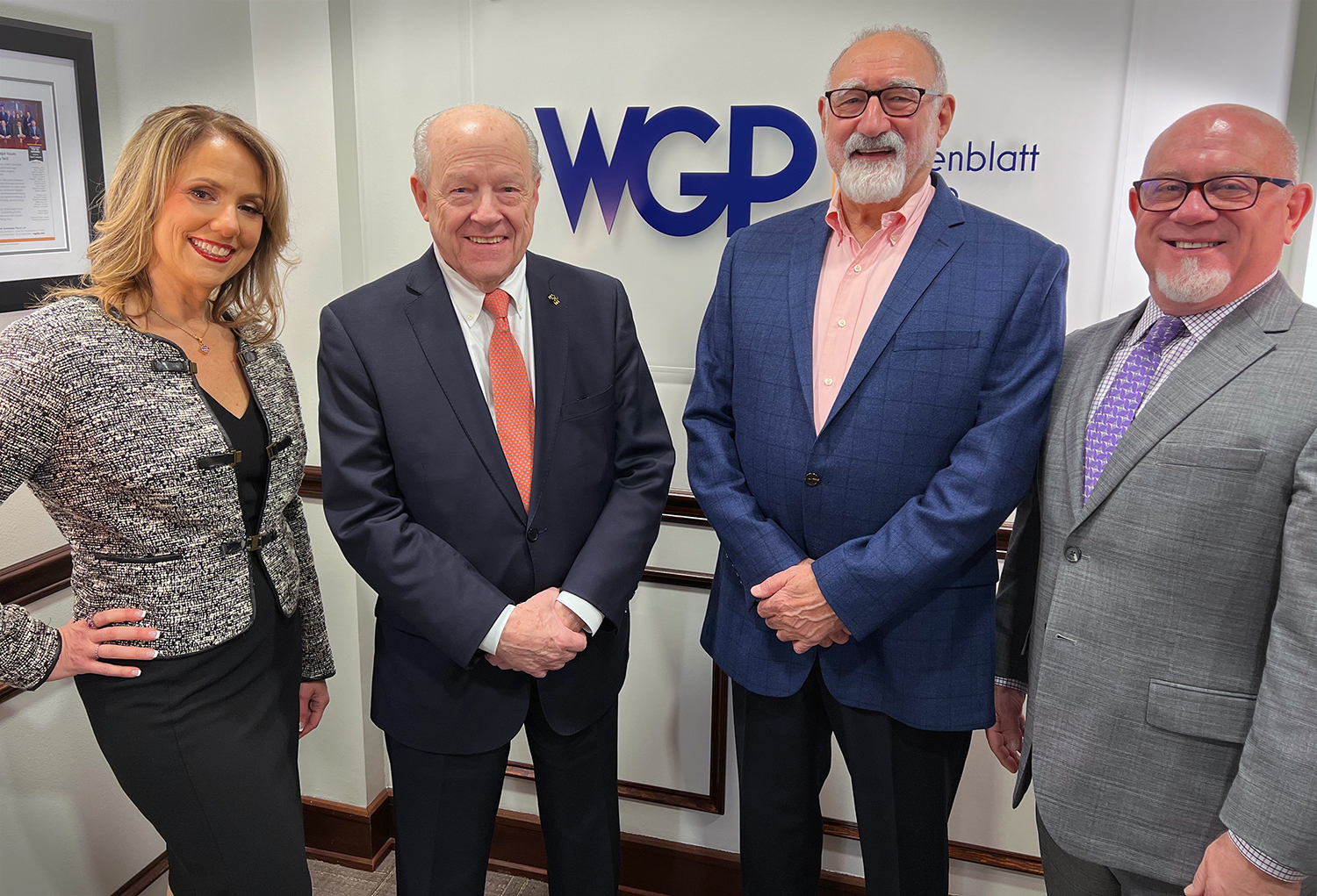After a six-year campaign, Kathleen and Sean, parents of twin girls with Autism and an Intellectual Disability, have succeeded in changing the policies and procedures of the School District of Philadelphia regarding identifying and assigning 1:1 assistants to children who need them.
 In 2013, the 8-year-old twins were enrolled as students in the School District. Both girls were non-verbal, did not recognize danger, and would wander and elope unless constantly supervised. Everyone agreed that each girl required a 1:1 assistant at all times through the school day, and the Individualized Education Program (“IEP”) for each child provided for such a full time 1-1 assistant. Nonetheless, the District failed to provide the girls with 1:1 assistants for many hours each school day. Despite Parents repeated requests for full day 1:1 assistant for their daughters, no assignments were made.
In 2013, the 8-year-old twins were enrolled as students in the School District. Both girls were non-verbal, did not recognize danger, and would wander and elope unless constantly supervised. Everyone agreed that each girl required a 1:1 assistant at all times through the school day, and the Individualized Education Program (“IEP”) for each child provided for such a full time 1-1 assistant. Nonetheless, the District failed to provide the girls with 1:1 assistants for many hours each school day. Despite Parents repeated requests for full day 1:1 assistant for their daughters, no assignments were made.
On March 7, 2014, there was still no regular 1:1 assistant assigned to either of the twins. At some point during the day, one of the girls eloped from class and then the school building. School employees were not immediately aware that she had disappeared. When they became aware, a search of the building ensued, but she was not found. Over an hour later, a 911 call was placed by someone who spotted her in a snowy field 7 blocks away from school. She was naked except for her jacket. She was picked up by the police and transported by ambulance to St. Christopher’s Hospital.
The Parents were distraught and outraged. They consulted attorney Michael Basch, a highly respected Philadelphia special education attorney. Basch was able to negotiate an agreement with the District whereby the twins were placed in a specialized approved private school setting. In addition, the girls were awarded a substantial amount of compensatory services.
The Parents could have left things there, as their daughters were safe. However, they needed to know that if their daughters ever returned to public school in Philadelphia they would be protected. They also wanted to do something to insure that no other parent of a child with special needs would suffer the frustration and fear they experienced. So, they brought in Philadelphia attorney Alan L. Yatvin, to file suit in federal court. Yatvin is an experienced litigator of special education, disability and civil rights cases in federal court.
In January 2015, suit was filed against the District seeking damages and injunctive relief relating to the provision of 1:1 assistants.((KS and SFM v. School District of Philadelphia, E.D.Pa. No. 15-cv-237)) The suit asserted that, in order to save money, the District had a policy and practice of denying, reducing or eliminating 1:1 assistants to children who needed them. In so doing, the suit asserted, the District discriminated against students with disabilities who required, but were denied, full-time 1:1 assistants, in violation of the federal Individuals with Disabilities in Education Act, the Rehabilitation Act, the Americans with Disabilities Act, and Pennsylvania law.
At the urging of the assigned judge, former United States District Judge Legrome Davis, the parties began settlement negotiations aimed at addressing problems in the District’s system of identifying students who need 1:1 assistants and, once identified, insuring that the services are actually provided. In meetings with the District’s then-General Counsel and the Office of Specialized Services, the parties developed systems to insure that IEP teams engage in the proper analysis of whether students need 1:1 assistants and, once those teams have made that determination, insuring that there is no bureaucratic or financial interference with implementation of those legally binding determinations.
During the course of protracted negotiations the District undertook to improve its systems to recruit, fund and track the assignment of 1:1 assistants, and update its training of special education directors and school based staff on the considerations and role of an IEP team in determining the need for 1:1 assistants.
Finally, the parties reached an agreement that was approved by United States Magistrate Judge Timothy Rice on September 19, 2019. In the settlement the District agreed:
- The determination of whether or not a student needs 1:1 adult support is to be made at the school level by the IEP Team.
- The District’s computerized IEP form was revised to include mandated, detailed questions related to 1:1 issues, and to incorporate a Worksheet for Determining 1:1 Assistance, which the IEP Team must complete if it indicates in the IEP that a 1:1 assistant is required.
- When a 1:1 assistant is included in a student’s IEP, the District must ensure that the assignment for a 1:1 assistant is made within ten days, and during the interim period, the school principal must use available resources to provide the services identified in the IEP.
- In the event the District is unable to assign a 1:1 adult assistant within five school days, the Principal must give notice to parents, and an IEP Team meeting must be held within ten school days.
The settlement also included creation of a trust fund.
In discussing the settlement, Kathleen said: “Of course I’m glad there is a trust fund to help with my daughter’s many needs, but we would not have settled unless there was also a change in the District’s policies regarding 1:1 assistants. No parent should have to experience the stress and frustration that we did in trying to get the District to provide a 1:1 assistant. And no parent should ever get a call that their child was unsupervised at school, got lost and placed in grave danger. I hope this lawsuit has made lasting changes for all children with disabilities and their families.”
Since the settlement was finalized in September, IEP teams are better informed about their role in considering and assigning 1:1 assistants, the actual assignments are happening with fewer delays, and the agreed safety net seems to be working.
“The time this litigation took to bear fruit was frustrating,” said Alan Yatvin. “While we didn’t get everything we wanted, at the end of the day, important changes were achieved, and a broken system is now functioning for children in need.”
Yatvin and Basch both noted that Natalie Hess, the District’s Deputy Chief of Specialized Services, deserves much of the credit for this settlement. “We respect Ms. Hess’ professionalism, hard work, and her ongoing commitment to improving the system for all special needs students who require 1:1 assistants.”





